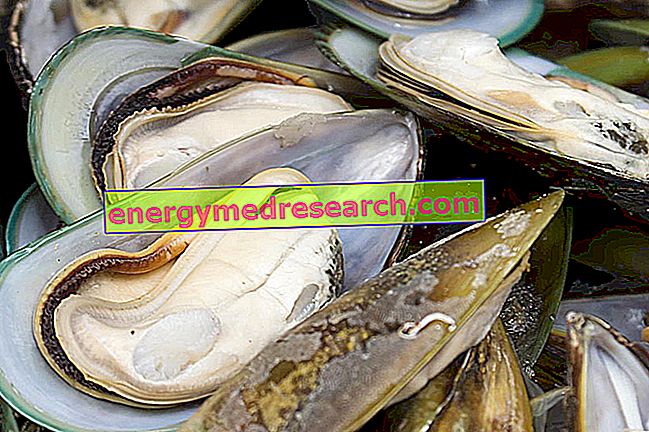
The so-called neurotoxic mollusc - also known as neurotoxic shellfish syndrome or NSP, from Neurotoxic Shellfish Poisoning - is a food poisoning caused by the ingestion of contaminated bivalve molluscs.
Those responsible for the disease are certain substances that are toxic to the nervous system belonging to the group of brevetoxins . These substances are produced by a species of dinoflagellates called Karenia brevis (formerly known as Ptychodiscus brevis or PbT-z or Gymnodinium breve ); it is a unicellular microscopic alga, which is filtered by bivalve molluscs (such as mussels, oysters, scallops, fasolari, canestrelli etc.) with accumulation of the toxin in the related tissues.
In addition to the ingestion of bivalve molluscs and microalgae, the NSP can derive from the inhalation of the toxin, which can be aerosolized by billows and backwash. The episodes of neurotoxic shellfish syndrome so far observed are mostly confined to the coasts of the Gulf of Mexico and have been associated with the consumption of clams or recreational use of marine waters.
NSP is a relatively mild form of food poisoning. Symptoms in humans include vomiting, nausea, sensation of paralysis in the mouth and fingers, ataxia, cough, respiratory problems and abnormal sensations of cold and heat. The symptomatology occurs over a period of time ranging from a few minutes to three hours. Healing occurs in a few days and no lethal cases have been reported.



